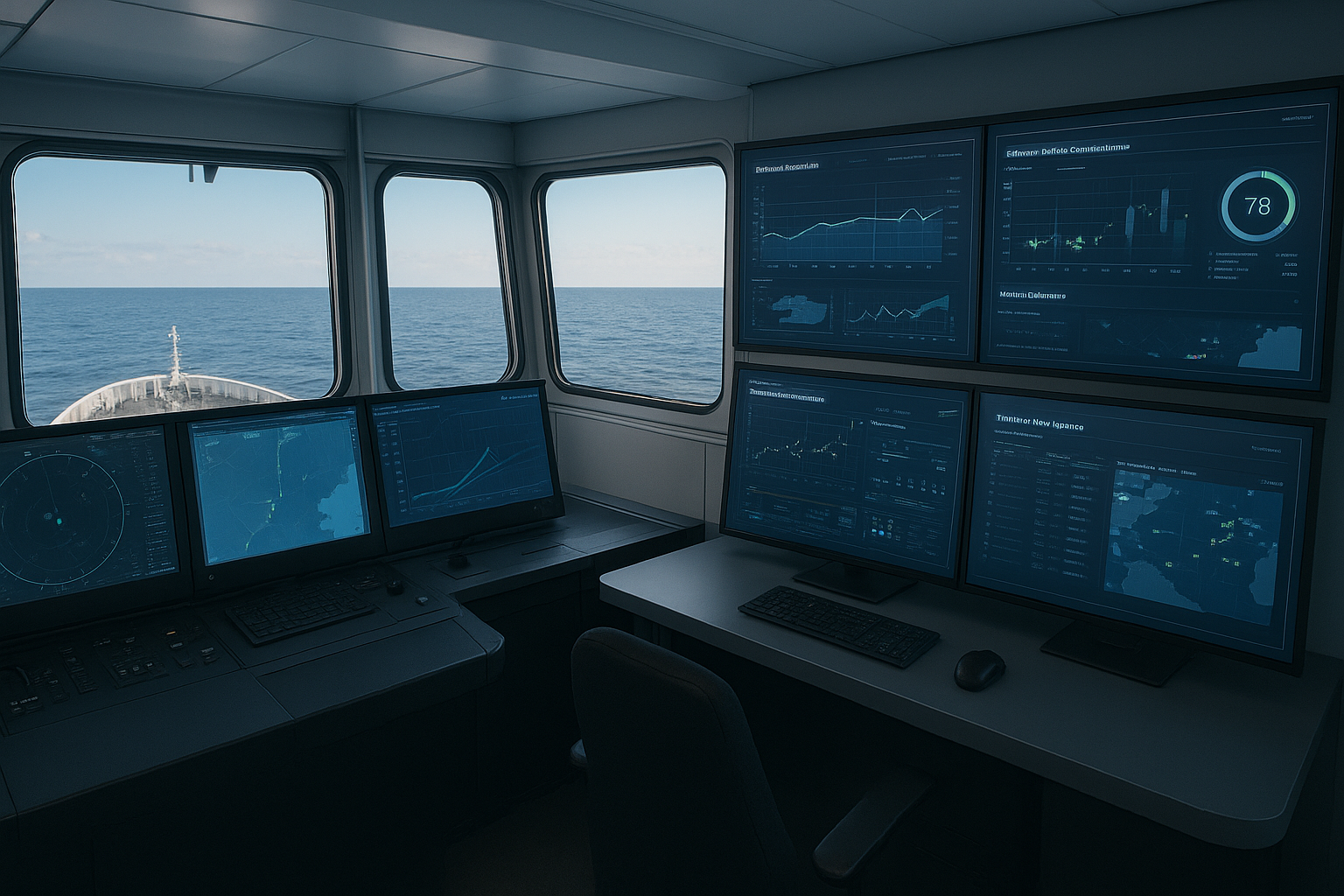
Maritime Artificial Intelligence: AI Applications in Shipping and Port Operations
When Machines Learn to Navigate the Seas
What is Maritime AI?
AI in Ship Operations
AI in Port Operations
AI in Supply Chain Management
Real-World AI Applications
Benefits of Maritime AI
- Improved Efficiency: AI can optimize operations in ways that humans simply can't, leading to significant improvements in efficiency and productivity.
- Cost Reduction: By optimizing routes, reducing fuel consumption, and preventing equipment failures, AI can significantly reduce operating costs.
- Enhanced Safety: AI can identify potential safety risks and suggest preventive measures, reducing the likelihood of accidents and incidents.
- Better Decision Making: AI can analyze vast amounts of data to provide insights that would be impossible for humans to process manually.
- Predictive Capabilities: AI can predict future events and trends, allowing for proactive management and planning.
- 24/7 Operations: AI systems can operate continuously without fatigue, providing constant monitoring and optimization.
Challenges and Limitations
The Future of Maritime AI
Career Opportunities in Maritime AI
Getting Started with Maritime AI
Frequently Asked Questions
AI predictions are becoming increasingly accurate as the technology improves and more data becomes available. However, accuracy depends on the quality of data and the specific application. Some predictions, like weather forecasting, are very accurate, while others, like market predictions, may be less reliable.
AI is more likely to augment human capabilities rather than replace them entirely. While some tasks may become automated, there will still be a need for human oversight, decision-making, and complex problem-solving. The industry will evolve, creating new opportunities for those who adapt.
The main challenges include data quality, integration complexity, cybersecurity, regulatory compliance, and managing human-AI interaction. These challenges are being addressed as the technology matures and the industry adapts.
The cost varies depending on the scope and complexity of the implementation. Basic AI applications can be relatively affordable, while comprehensive AI systems can be expensive. However, the return on investment is often significant due to improved efficiency and cost savings.
Conclusion
Share This Article
Related Articles
Continue reading with these related articles

The Future of Maritime Technology: How AI, Automation, and Green Tech Are Revolutionizing Shipping
Explore how artificial intelligence, automation, and green technology are transforming the maritime industry. Discover autonomous ships, smart ports, and sustainable shipping innovations.

Blockchain in Maritime: How Digital Technology is Transforming Shipping Logistics
Discover how blockchain technology is revolutionizing maritime logistics and shipping operations. Learn about digital shipping, smart contracts, and blockchain applications in maritime trade.

Autonomous Ships: The Future of Unmanned Maritime Operations
Explore the future of autonomous ships and unmanned maritime operations. Learn about self-driving vessels, maritime automation, and the technology behind autonomous shipping.

Autonomous Ships: The Future of Unmanned Maritime Transportation
Discover how autonomous ships are revolutionizing maritime transportation. Learn about unmanned vessels, AI navigation systems, and the future of crewless shipping operations.
© 2025 The Salty Mariner. All rights reserved.
